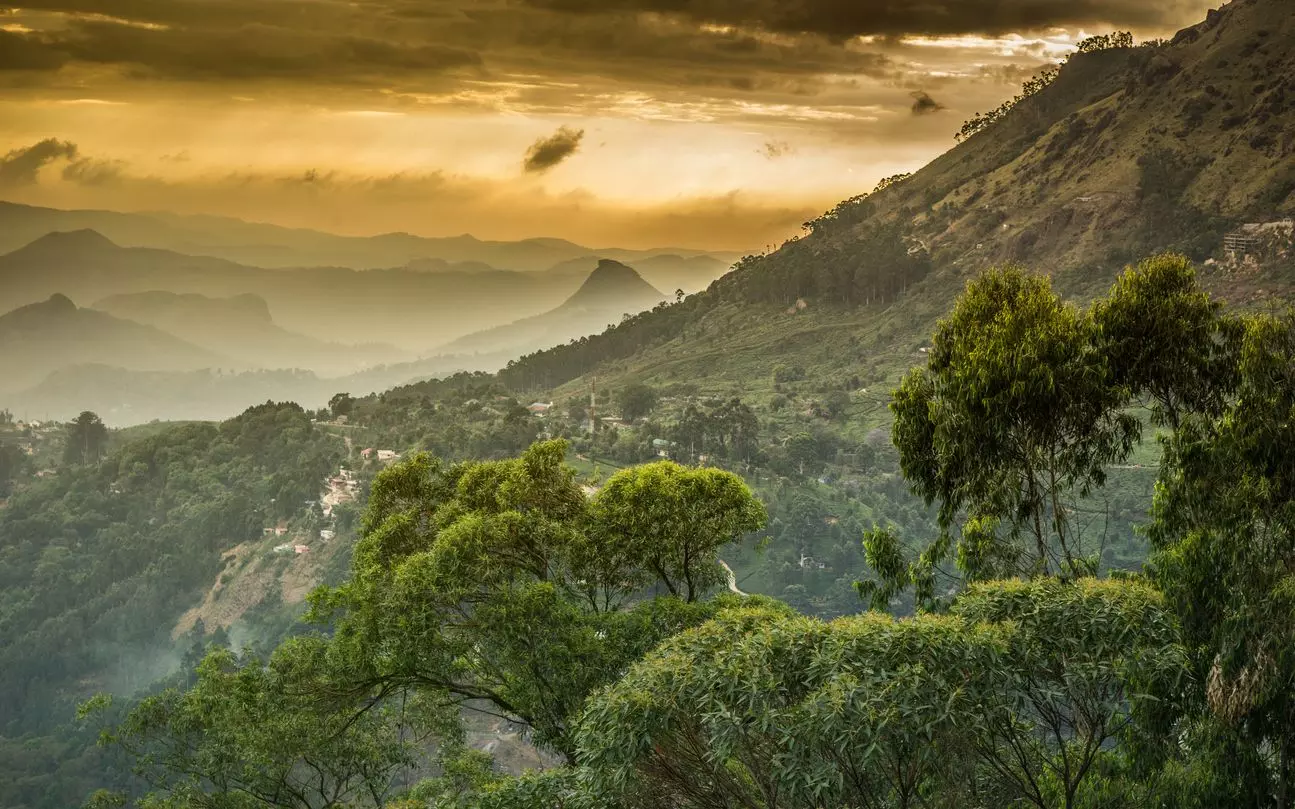
After rejecting Kasturirangan report for 6th time, Karnataka seeks its total withdrawal
Karnataka government has repeatedly claimed that declaring vast sections of Western Ghats as ecologically sensitive would create hardships to lakhs of people

Within days of sticking to its decision to completely reject the K Kasturirangan report for the sixth consecutive time, the Karnataka government has written to the Centre requesting that the notification to implement it be permanently withdrawn. As we reported earlier, green activists feared this move and fiercely opposed it.
Also Read Our Report: Why is Karnataka keen to avoid Kasturirangan report?
The Kasturirangan report recommends the zones in the Western Ghats that are to be marked as eco-sensitive.
“... the government of Karnataka recommends the rejection of the recommendations of Dr K Kasturirangan Committee report. In view of the same, the state government requests the Ministry of Environment, Forests and Climate Change, Government of India, for withdrawal of the notification dated July 31, 2024,” reads a letter to the central ministry secretary Leena Nandan from the additional chief secretary (forests, ecology and environment) N Manjunath Prasad.
Repeated rejection
The notification has been issued by the Centre six times — in March 2014, September 2015, February 2017, October 2018, July 2022, and in July 2024, right after the deadly landslides in Kerala’s Wayanad, at a time when Karnataka was also facing severe landslides. However, both the state government decided to reject the recommendations for the sixth time, as did the other states in the Western Ghats, including Gujarat, Maharashtra, Goa, and Tamil Nadu.
Also read: Green warriors up the ante to save Western Ghats; Inner Line Permit among demands
While rejecting the recommendations of the report, the Karnataka government had repeatedly claimed that declaring vast sections of the Western Ghats as ecologically sensitive and taking measures accordingly would “create hardships to lakhs of people residing in 1,499 villages across 33 taluks and 10 districts”.
The letter also claimed that locals have voiced their grievances about the existing restrictions and the impact on their livelihoods. The government has argued that unless the local people willingly participate in the implementation of the report, the measures would be “counter-productive”.
The Kasturirangan Committee report
The Kasturirangan Committee, formed in August 2012, classified 60 per cent of the Western Ghats as a cultural landscape that encompasses human settlements, agriculture and plantations and the rest as natural landscape with 37 per cent of “biologically rich area”.
The committee proposed 37 per cent (or 60,000 sq km) of the total area of Western Ghats – what it called the “biologically rich area” – to be declared as ecologically sensitive. It proposed a blanket ban on mining, quarrying, and on setting up red category industries and thermal power projects in the area and other measures.
Also read: Western Ghats landslides: Gadgil panel sounded alarm, but states did not hear it
The Kasturirangan Committee was formed after all six states rejected the recommendations of the Madhav Gadgil Committee, which declared 75 per cent or 129,037 sq km area of the Western Ghat area as ecologically sensitive.
However, the states repeatedly rejected the much toned-down Kasturirangan Committee report as well, even as the Western Ghats faces devastating ecological damage.

